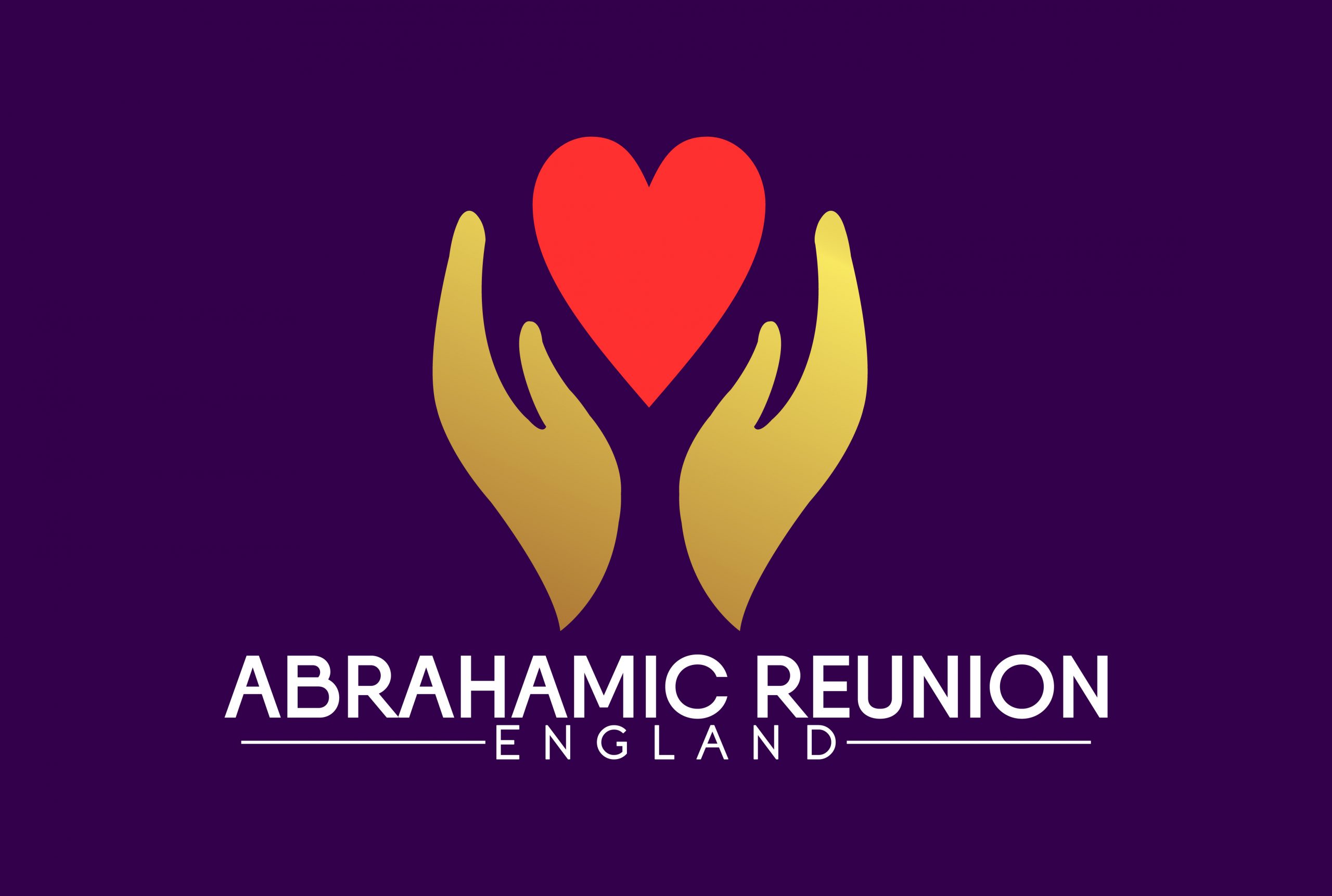Last Night Ghassan and I were invited to the Husayni Madrasah and the Mahfil Ali Mosque to do a presentation for the Shi’a Ithna – Asheri Community of Middlesex (Sicm).
Most of the members of this community were originally from India, but their ancestors immigrated to East Africa in the middle of the 19th century, and for the past 50 years they have been emigrating from East Africa to Middlesex, where they have prospered.
Currently their busy center occupies 2 buildings in down town Middlesex and they offer all sorts of programs ranging from yoga, and children’s programs, to Quran study, and Muslim prayers for the entire Middlesex community.
They are in the midst of constructing a huge community center called the Salam Center that will occupy an entire city block, and offer services such gymnasiums, and hair salons, a children’s center, yoga rooms, a mosque, and a madrassa etc. to the entire region.
Ghassan and I arrived at the Mosque early to meet Abrahamic Reunion UK directors Michael and Amanda Kenton and Sicm representative Ammar to get set up for our program.
Members of the mosque tell us that although normally men and women pray together in one room, because it is Ramadan attendance at the mosque is very high, so tonight the women will be meeting in one building and the men will be meeting in another building. Children will be in both places. Audio video screens mounted around the rooms in the 2 separate buildings will link the two groups.
Ghassan and Michael stay with the men, and Amanda and I are escorted to the rooms occupied by the women and their children.
Ramadan is the ninth month of the Islamic calendar and is observed by Muslims worldwide as a month of fasting. Ramadan commemorates the first revelation of the Quran to Muhammad.
Each Ramadan Muslims refrain from consuming food, drinking liquids, smoking, and engaging in sexual relations from dawn until sunset. Muslims are also instructed to refrain from other behaviors that can negate the positive effects of fasting such as false speech (insulting, or malicious speaking, sarcasm, gossiping, cursing, lying, etc.), and fighting except in self-defense. The meals before dawn are referred to as Suhoor, while the feasts that take place after sunset are called Iftar.
As Amanda and I join the women and their children we are acutely aware that they have had nothing to eat or drink since about 1:30 AM in the morning and they will be unable to eat or drink any thing until 9:10 tonight.
In spite of the hard ship of fasting they patiently play with their children and give them snacks and drinks, they help older children with homework. They quietly chat with one another and listen to the Quran recitations being broadcast into the room. Screens mounted on the walls project the recitations in Arabic, and in English.
After an hour and a half of Quranic recitations there is break and I give my presentation and Ghassan speaks about the Abrahamic Reunion’s work.
We explain how the Abrahamic Reunion seeks to deepen understanding and cultivate connections between diverse religious communities by bringing people to one another’s places of worship and giving them the opportunity to ask questions and study one another’s scriptures. We talk about how we bring people together to eat together and experience one another’s religious holidays. We talk about our work in Israel and in Palestine, the USA, Germany and the UK.
We share that we do this work, with men, women and children, families, refugees and prisoners so they can gain understanding and empathy for the other, and how hopefully by doing this we are contributing to a more loving and peaceful world.
After our presentation turbah and dates are passed out to everyone.
Turbah are small clay tablets that Shia Muslims put on the floor to place their foreheads on while they pray. They do this to be in compliance with the Hadith (sayings of the prophet) that mention the many benefits of prostrating and placing one’s forehead on the earth.
After the prayers each person eats a date to break their fast.
Paper is rolled out on the floor and abundant plates of food are brought out for the evening Iftar. Tea and water are served.
As people eat people ask about the Abrahamic Reunion’s work. A number of people approach me and ask for information and congratulate us. Some come forward and skeptically ask me if I realize that over 60 Palestinians have been killed this week on the Gaza border. I explain that is exactly why we are doing this work, and they relax just a little and dare to hope.
